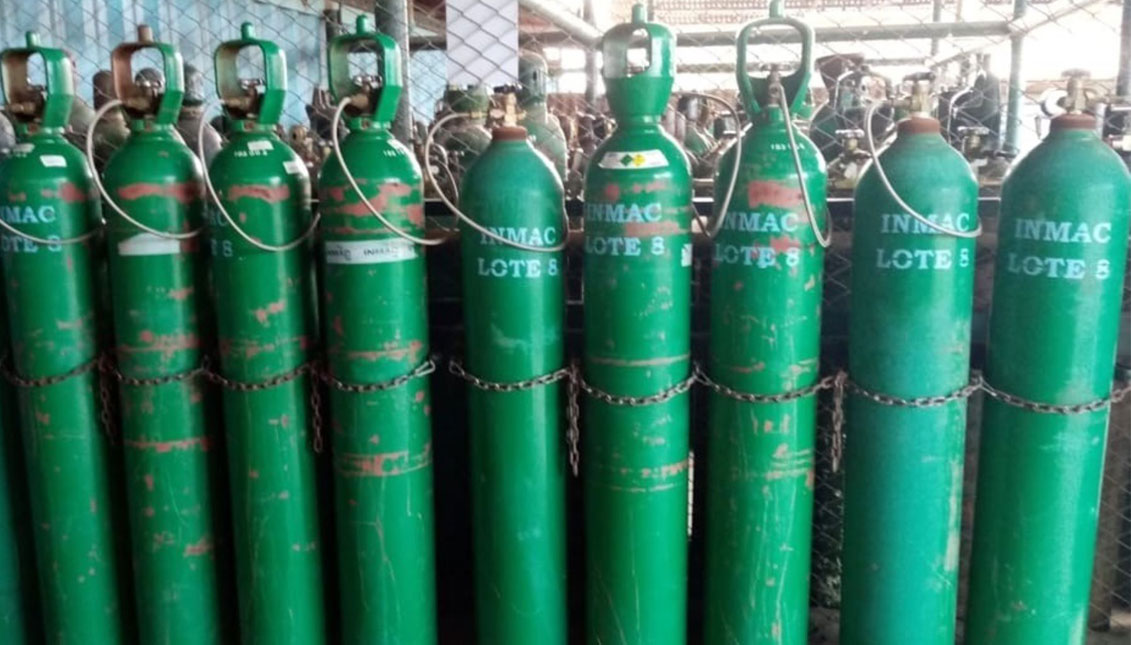
Iquitos, Peru: 6 out of 10 people could be infected
Peru is the second country in the region with the most confirmed cases. Iquitos, in the Amazon region, is one of the most affected cities.
Peru was the second country in the continent to enter into quarantine. There, as has happened in other countries in the region, the government put in place mechanisms to subsidize the population in order to guarantee food security and despite this, today it is the second Latin American country with more confirmed cases.
So far, Peru reports 80,604 confirmed cases of COVID-19, with 2,267 deaths and 25,151 people having recovered. Even though most of the cases are concentrated in Lima - where there are already more than 52,000 - one of the points that is causing more concern is the department of Loreto and its capital, Iquitos.
Loreto is an Amazonian department, bordering Ecuador, Colombia and Brazil, with a population of approximately 880,000, of which about 400,000 are in Iquitos. Loreto has 2,107 confirmed cases, but the region's lack of development means it has very few resources to both diagnose and treat patients.

For this reason, Luis Espinosa, the infectious disease specialist at the Loreto Regional Hospital, told Ojo Público that he believes the real number of infections should be much higher and that, at least in Iquitos, six out of every 10 people could be infected and the real number of deaths from COVID-19 could be nine times higher than the official figures: if 92 were reported as of 14 May, Espinosa estimates that there would be 801.
RELATED CONTENT
The infectious disease specialist says this based on the number of patients who have died in the hospital in which he works, the number of deaths in their homes with symptoms characteristic of COVID-19, and those who have died in other hospitals.
This coincides with what Luis Leonardo Runciman, the dean of the Medical College of Peru in Iquitos Regional, told BBC Mundo a few weeks ago: "The two hospitals in Iquitos are overflowing. We have nowhere to treat any more patients and that means people are going to die at home".
As has happened everywhere, the crisis caused by the pandemic has further exposed the inequalities and lack of social investment that have accumulated in recent decades: problems that were not going to be solved even with the most efficient containment strategy in the world.
Even so, in the case of Peru it is paradoxical that having been one of the first countries to adopt the quarantine measure, the pandemic grew so quickly. As has happened in other countries in the region - such as in Chile, where 400 people had a clandestine party, or in Colombia, where thousands went on a trip when the quarantine drill was decreed in Bogotá - a significant part of the population has not respected the order to stay at home.
The way Peruvians have failed to comply with the quarantine - which led to the spread of the virus throughout the country - is due to the following reasons, according to El Hilo:
- The high percentage of informality in the economy.
- More than 40% of the active labor force in Peru fit into one of the economic sectors that were declared essential by the government.
- The low percentage of banking penetration in the population - which makes digital transactions impossible and makes it necessary for subsidies to be delivered in person, which in turn facilitates crowding.
- A culture of living day by day, which makes it difficult to understand the need to wait and resist in quarantine.
The strength of the epidemic in Iquitos is not only worrisome because of what is happening in the city, but because as long as the virus continues to enter the Amazon, we could be facing a true ethnocide that could spread throughout the continent.










LEAVE A COMMENT: